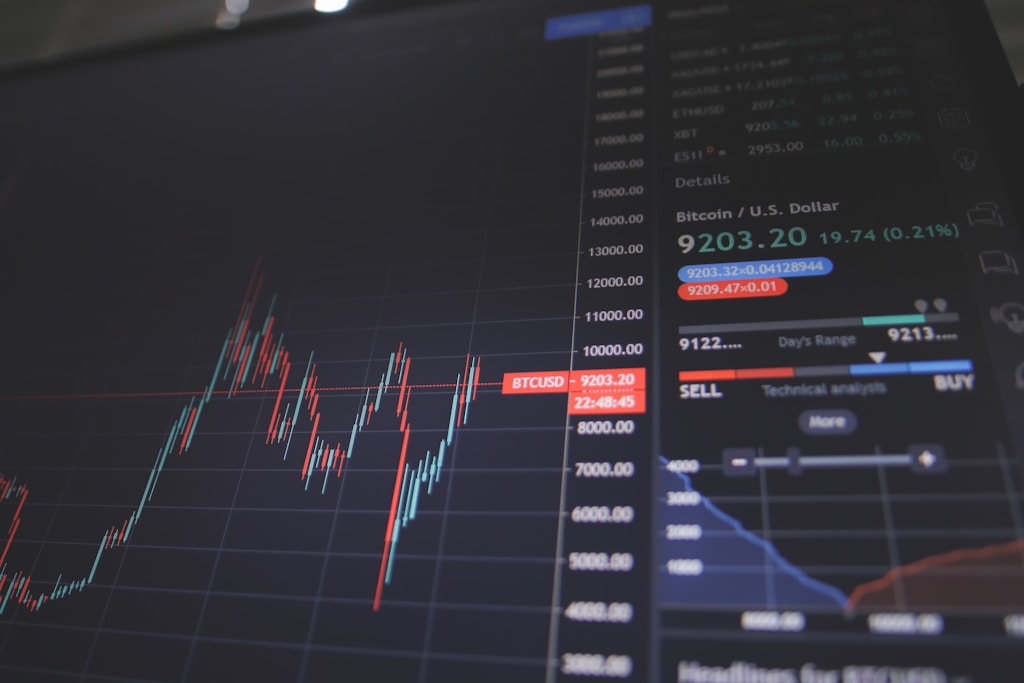Nigeria has officially recognized cryptocurrencies as a regulated asset class through the Nigerian Investments and Securities Act (ISA) 2025, marking a significant shift in the country’s approach to digital asset oversight.
Key Highlights of Nigeria’s New Crypto Regulation
- The Securities and Exchange Commission (SEC) gains authority to regulate Virtual Asset Service Providers (VASPs)
- Cryptocurrency officially recognized as a legitimate asset class
- President Bola Ahmed Tinubu signs ISA 2025 into law
- Framework provides clarity for crypto businesses and investors
This regulatory development comes at a crucial time when global crypto regulation is evolving rapidly, with various jurisdictions taking different approaches to digital asset oversight.
Impact on Nigeria’s Crypto Ecosystem
The new law represents a complete reversal from Nigeria’s previous stance on cryptocurrencies. By bringing VASPs under regulatory supervision, the government aims to:
- Protect investor interests
- Prevent fraud and market manipulation
- Facilitate legitimate crypto businesses
- Attract international investment
SPONSORED
Trade with confidence on a regulated platform with institutional-grade security
What This Means for Nigerian Crypto Users
The new regulatory framework provides several benefits for Nigerian crypto enthusiasts:
- Legal clarity for cryptocurrency transactions
- Enhanced consumer protection measures
- Regulated trading platforms and services
- Improved market stability
Frequently Asked Questions
When does the new regulation take effect?
The ISA 2025 is effective immediately upon signing by President Tinubu.
Which cryptocurrencies are covered under the new law?
The law applies to all virtual assets and their service providers operating in Nigeria.
How will this affect existing crypto businesses?
Existing VASPs will need to register with the SEC and comply with new regulatory requirements.
Looking Ahead: Nigeria’s Crypto Future
This regulatory framework positions Nigeria as a potential leader in African crypto adoption and could serve as a model for other nations in the region. The move is expected to attract significant investment and foster innovation in the country’s growing digital economy.




